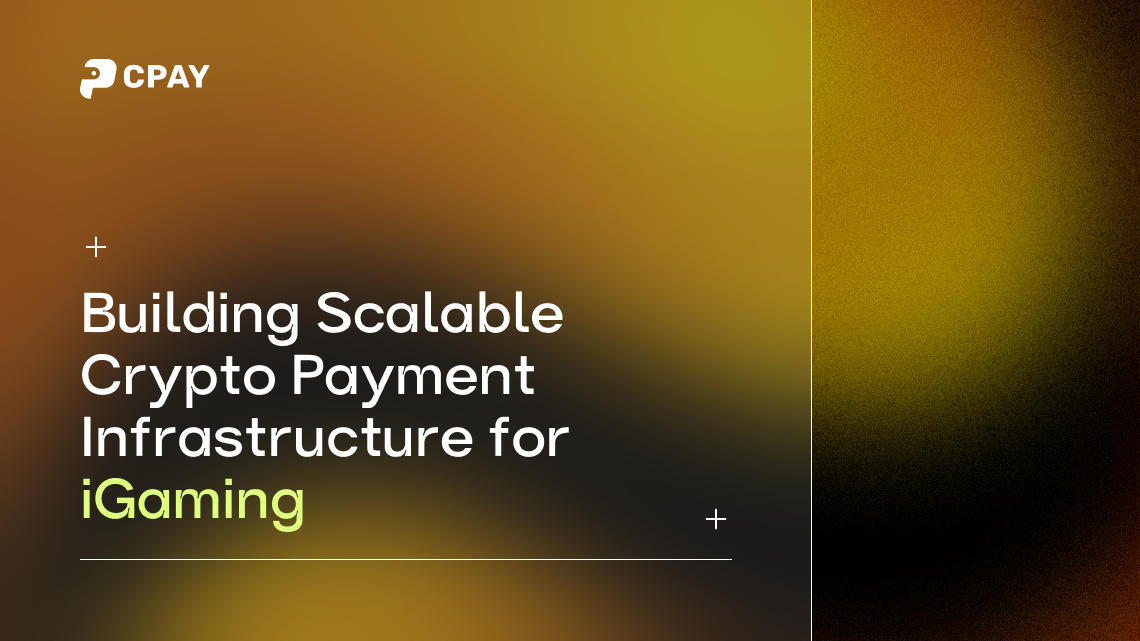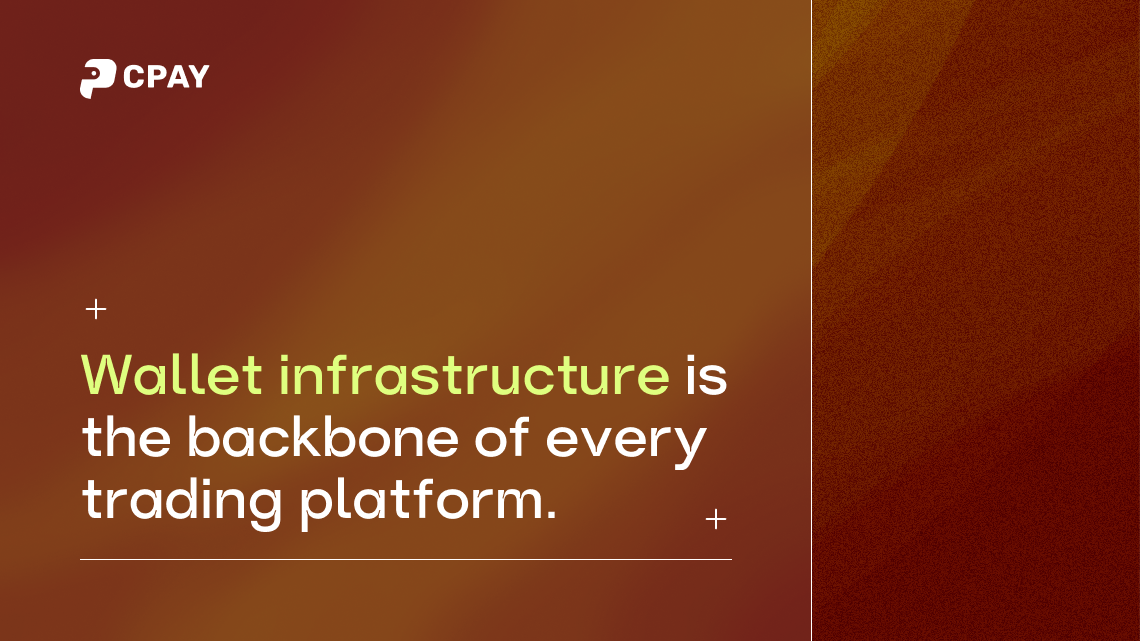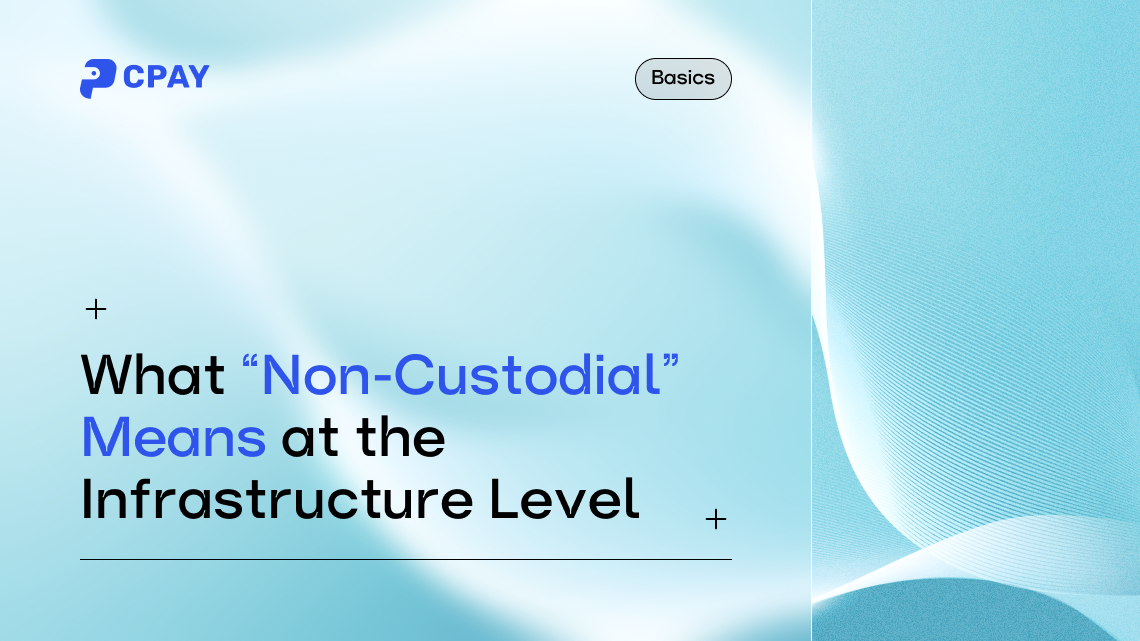Las empresas que exploran el procesamiento de pagos con criptomonedas a menudo se enfrentan a obstáculos importantes: altas tarifas de transacción, tiempos de procesamiento lentos, problemas de seguridad y procesos de integración complejos. Estos desafíos pueden disuadir a las empresas de adoptar las criptomonedas, a pesar de su potencial para desbloquear los mercados globales y reducir los costos. La API de procesamiento de criptopagos de CPAY, tal y como se detalla en cpay.world, ofrece una solución descentralizada diseñada para abordar estos puntos problemáticos, lo que permite a las empresas realizar transacciones criptográficas entrantes y salientes sin problemas. Este artículo profundiza en los problemas más comunes a los que se enfrentan las empresas y cómo los resuelve la API de CPAY.
Desafíos comunes en los criptopagos
- Altas tarifas de transacción: Los sistemas de pago tradicionales suelen cobrar comisiones elevadas, lo que reduce los márgenes de beneficio. Incluso algunas plataformas de pago criptográfico imponen costos significativos, lo que dificulta la expansión de las empresas.
- Velocidades de transacción lentas: Los pagos transfronterizos a través de los bancos pueden tardar días, e incluso algunas redes de cadenas de bloques se congestionan, lo que retrasa las transacciones y frustra a los clientes.
- Riesgos de seguridad: Los sistemas de pago centralizados son vulnerables a los ataques informáticos, al fraude y a las filtraciones de datos. Las empresas que gestionan criptopagos necesitan una seguridad sólida para proteger los activos y la confianza de los clientes.
- Complejidad de integración: Muchas soluciones de pago criptográfico requieren experiencia técnica para integrarse, lo que representa un desafío para las empresas que no cuentan con equipos de desarrollo dedicados.
- Soporte monetario limitado: Algunas plataformas solo admiten un puñado de criptomonedas, lo que impide que las empresas atiendan a clientes que utilizan monedas o fichas menos comunes.
- Falta de infraestructura confiable y transparente: Las empresas luchan por encontrar sistemas de pago criptográficos confiables y transparentes, lo que genera ineficiencias operativas.
Cómo la API de CPAY resuelve estos desafíos
La API de procesamiento de criptopagos de CPAY se basa en una infraestructura descentralizada y ofrece soluciones personalizadas para estos problemas comunes. Así es como aborda cada desafío:
- Transacciones de bajo costo: CPAY cobra a los comerciantes menos del 1% por los pagos entrantes, una cantidad significativamente inferior a la de los procesadores tradicionales. Esta rentabilidad permite a las empresas maximizar las ganancias y ofrecer precios competitivos, lo que soluciona el problema de las altas comisiones.
- Transacciones rápidas y globales: Al aprovechar las redes blockchain como Solana, Avalanche y Fantom, CPAY garantiza velocidades de transacción casi instantáneas. Este enfoque descentralizado elimina las demoras asociadas con la banca tradicional, lo que permite realizar pagos transfronterizos sin problemas.
- Seguridad mejorada: CPAY prioriza la seguridad con el cifrado de múltiples capas, la autenticación de dos factores (2FA) y los controles de firma automática opcionales. Estas funciones protegen contra el acceso no autorizado y el fraude, y garantizan transacciones seguras tanto para las empresas como para los clientes.
- Integración perfecta: La API de CPAY está diseñada para una fácil integración en sitios web, aplicaciones móviles o plataformas de comercio electrónico. La documentación y el soporte exhaustivos simplifican el proceso y lo hacen accesible incluso para las empresas con recursos técnicos limitados.
- Precios en tiempo real: La plataforma de datos del mercado de criptomonedas de CPAY proporciona precios de criptomonedas en tiempo real, lo que mitiga el impacto de la volatilidad del mercado. Las empresas pueden fijar precios precisos y convertir criptomonedas en monedas fiduciarias al instante, lo que garantiza la estabilidad financiera.
- Soporte para divisas amplias y NFT: CPAY admite una amplia gama de criptomonedas y redes de cadenas de bloques, como Bitcoin, Ethereum, USDT y más. También facilita las transacciones con NFT para sectores como los videojuegos y los coleccionables digitales.
Aplicaciones del mundo real
La API de CPAY ya está transformando la forma en que las empresas gestionan los criptopagos. Por ejemplo:
- Comercio electrónico: Los minoristas en línea pueden integrar CPAY para aceptar criptopagos, lo que reduce las comisiones y atrae a clientes de todo el mundo. La nueva función de pago «carrito» simplifica las compras de varios productos y mejora la experiencia del usuario.
- Plataformas de negociación: Las bolsas de criptomonedas integran CPAY para un procesamiento de transacciones seguro y de bajo costo.
- Servicios de cambio de moneda: Las plataformas de cambio de divisas utilizan CPAY para realizar conversiones criptográficas rápidas y transparentes.
- Juegos y NFT: Plataformas como MANAVA y Vireye utilizan CPAY para procesar las compras dentro del juego y las ventas de NFT, y aprovechan redes rápidas como Solana para lograr escalabilidad.
- Servicios globales: Los proveedores de servicios digitales permiten realizar criptopagos seguros y sin fronteras en aplicaciones móviles.
Por qué es importante la infraestructura descentralizada
La infraestructura descentralizada de CPAY, impulsada por la tecnología blockchain, es clave para su eficacia. Elimina los intermediarios, reduce los costos y aumenta la transparencia. Las transacciones se registran en un libro mayor público, lo que garantiza la trazabilidad y la resiliencia frente a las fallas del sistema. Este enfoque permite a las empresas operar a nivel mundial sin depender de los sistemas bancarios tradicionales, que a menudo imponen restricciones y demoras.
Cómo empezar con CPAY
Adoptar la API de procesamiento de criptopagos de CPAY es sencillo. Las empresas pueden visitar cpay.world para explorar las funciones, acceder a las guías técnicas y conectarse con el equipo de soporte. Las actualizaciones recientes, que incluyen la integración de WalletConnect y el soporte para redes de cadena de bloques adicionales, convierten a CPAY en una solución preparada para el futuro para los pagos con criptomonedas.
El camino a seguir
Al abordar los principales desafíos de los criptopagos (comisiones, velocidad, seguridad, integración, volatilidad y soporte monetario), la API de cPay permite a las empresas prosperar en la economía digital. Su infraestructura descentralizada garantiza la flexibilidad, la escalabilidad y la confianza, lo que la convierte en la opción ideal para las empresas que están dispuestas a adoptar las criptomonedas.
¿Estás listo para superar los desafíos de los pagos con criptomonedas? Visita cpay.world ¡para integrar la API de CPAY y desbloquear transacciones descentralizadas y fluidas para su negocio!








